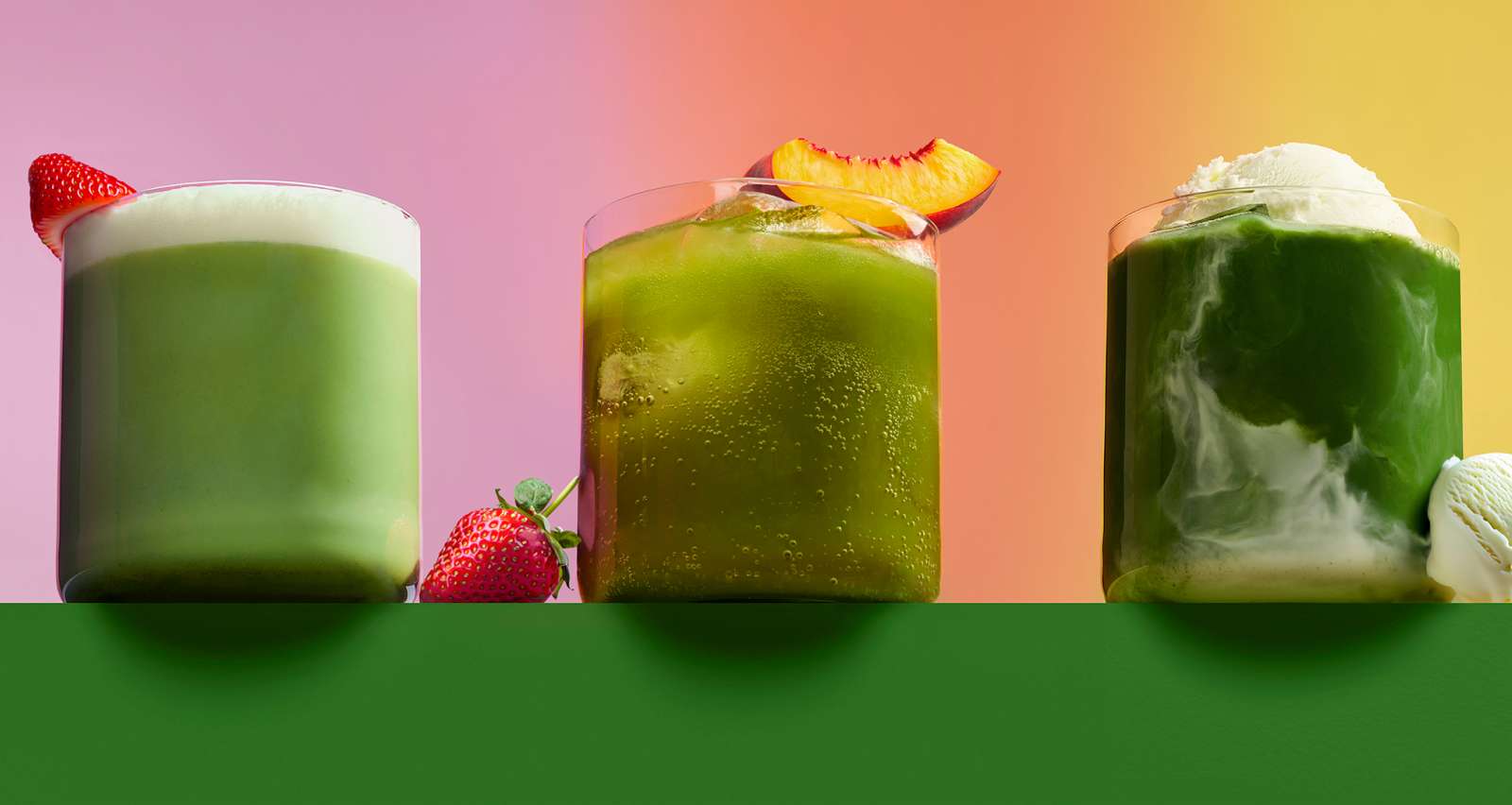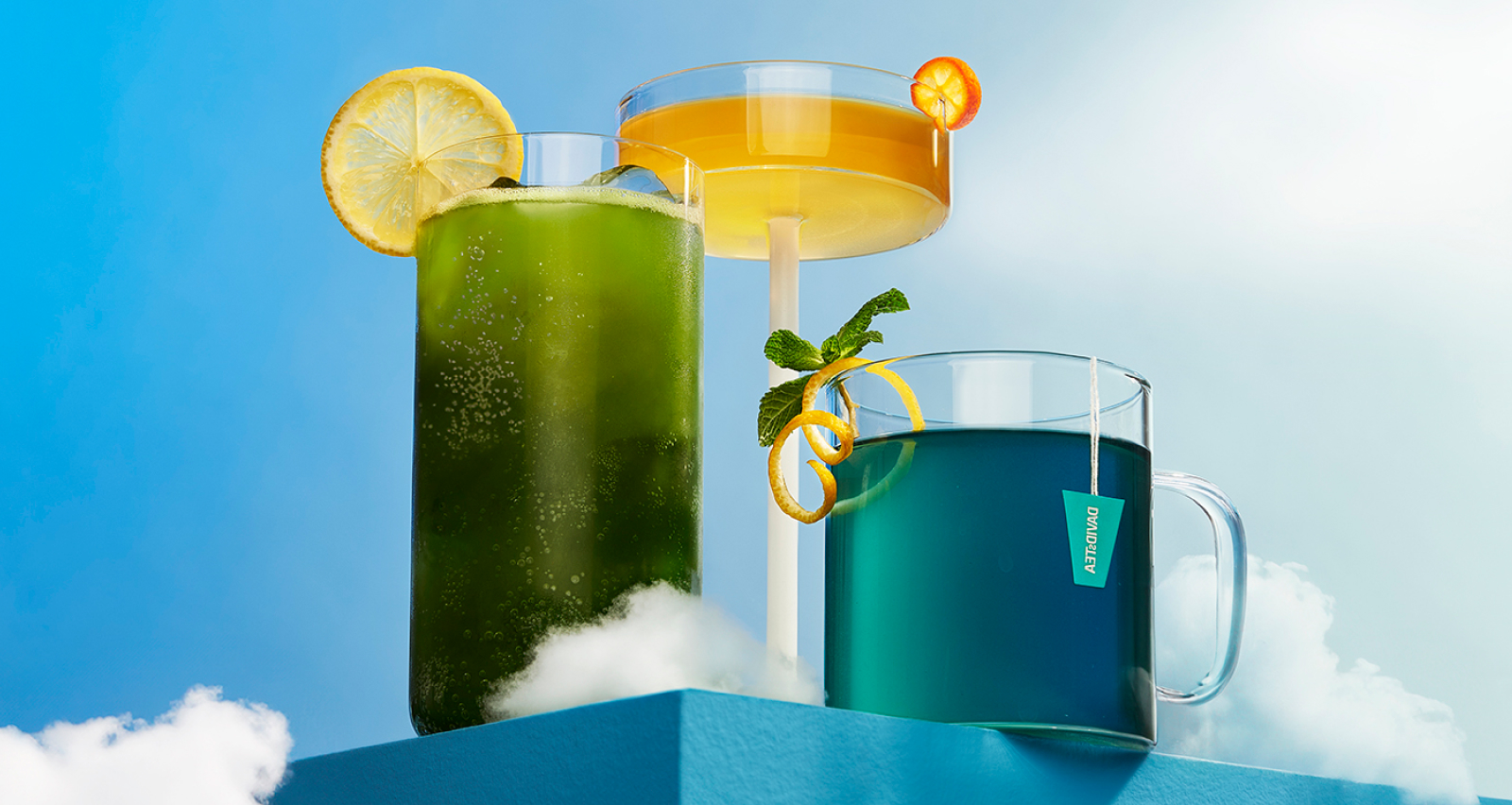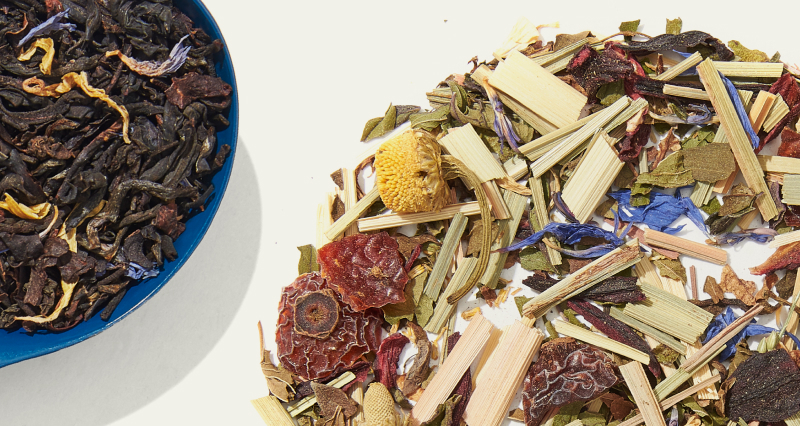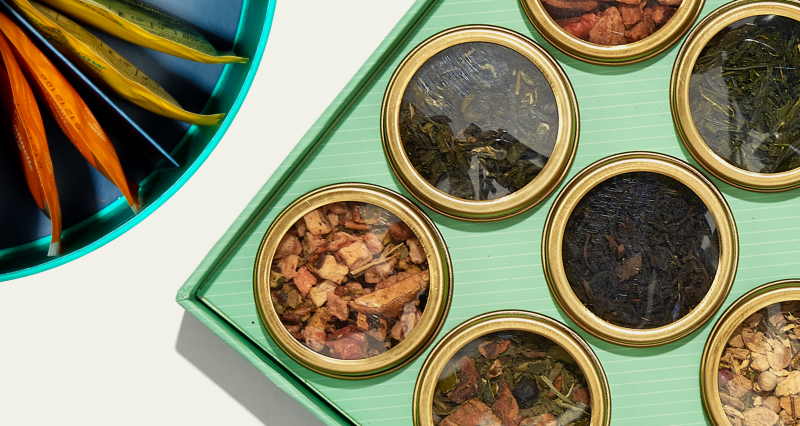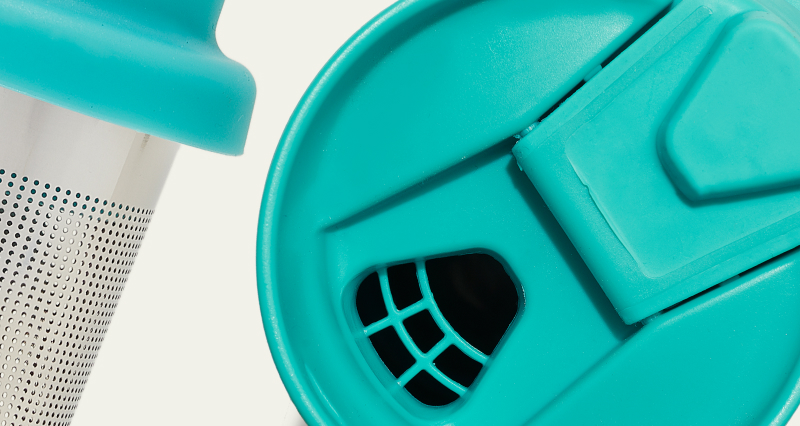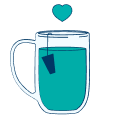Wanna explore more teas to land on a new fave? For a limited time, get any 50 g bag of loose leaf tea FOR FREE with every purchase!
shop all teasYou asked, we delivered. All our most-requested teas are back from the past, so this is your chance to reunite with an old flame before it goes out. Once again.
shop voted back teasPeople are talking—from fruity iced teas to long-time classics, there’s nothing but rave reviews for these top-rated, best-selling blends!
shop top-rated teasFrom fruity best sellers to totally new (and Certified Organic!), our matchas are the perfect go-to for anyone looking to add a delicious boost of wellness to their daily routine.
shop matchaFrom energizing blends to soothing infusions and curated bundles & teaware, we’ve got things to do it all… cuz you do it all.
shop gifts for momabout davidstea
Passion for tea blending
Pushing the creative boundaries of what tea can be.
Proudly sustainable
Doing what’s right when it comes to compostable packaging, clean water and giving back.

Power behind the leaf
Recognizing the benefits of tea on the mind & body.
recent mentions






the journey is the reward
Earn points. Redeem the
rewards. It’s that easy.



